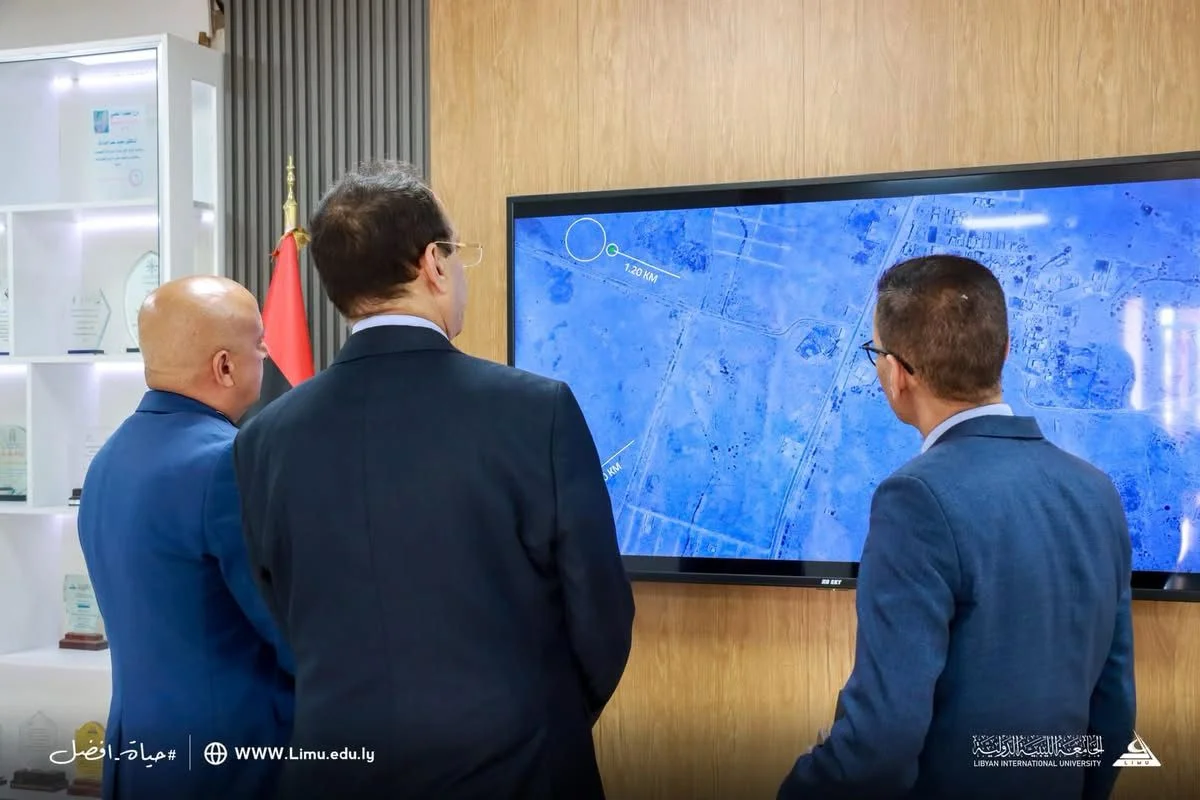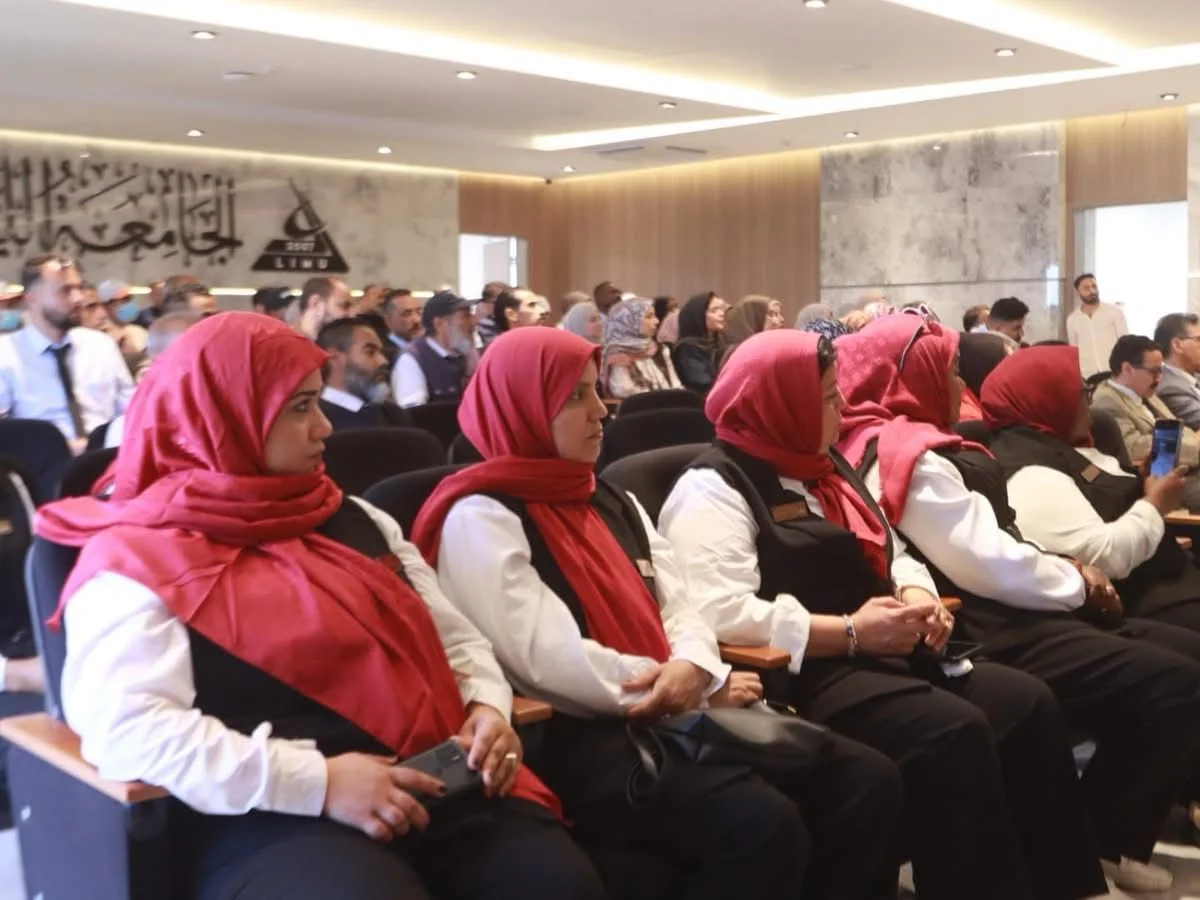The University Council held its regular meeting today, Tuesday, July 25, 2023, under the direction of the university president and in the presence of the registrar general, administrators, consultants, department directors, and a representative of the student union.
The agenda issues were thoroughly discussed throughout the meeting.
Among the significant topics that were discussed and on which ideas and opinions were exchanged was one pertaining to LIMU’s readiness to become a (university of programs).
The university’s president says:
‘’LIMU has worked tirelessly to adopt routes of development, quality standards, growth, and keeping pace with change in the teaching and learning process as well as scientific and academic institutions around the world since its founding.’’
LIMU is aware of the significant changes in educational systems and is fully aware of the existence of additional standards that have been imposed and are indispensable. Learning between professions is one of them, allowing for greater program flexibility and freedom. As a result, these programs are able to stay up with the growth and change that is occurring.
When the university was founded, it made it clear that it would break with traditional models and not be a continuation of what is now happening in the reality of higher education in Libya. Directly focusing on development and improvement while keeping up with the global educational standards.
LIMU aspires to build the business processes management system and to take the lead in its implementation in this track which include learning, scientific research and consultations as well as community service, and the issue of educational health services has been added to them.
The university will be built on it without fail. Programs that are similar or have similar specialties will fall under one category. a faculty for social sciences and humanities, for example. There will also be two faculties: one for engineering and technical sciences, and one for medical and health studies. They will incorporate programmatic specialities within it. Also, there will be a number of programs at the bachelor’s level in addition to other programs at the level of higher degrees, including doctoral and master’s degrees. The university will be able to create these programs and introduce new ideas thanks to such a qualitative shift, particularly e-learning, which has emerged as a fundamental pillar of education. As a result, this shift moves away from conventional models and toward what is more efficient and optimal. Which carries flexibility, aptitude, increased professionalism, and efficacy.





